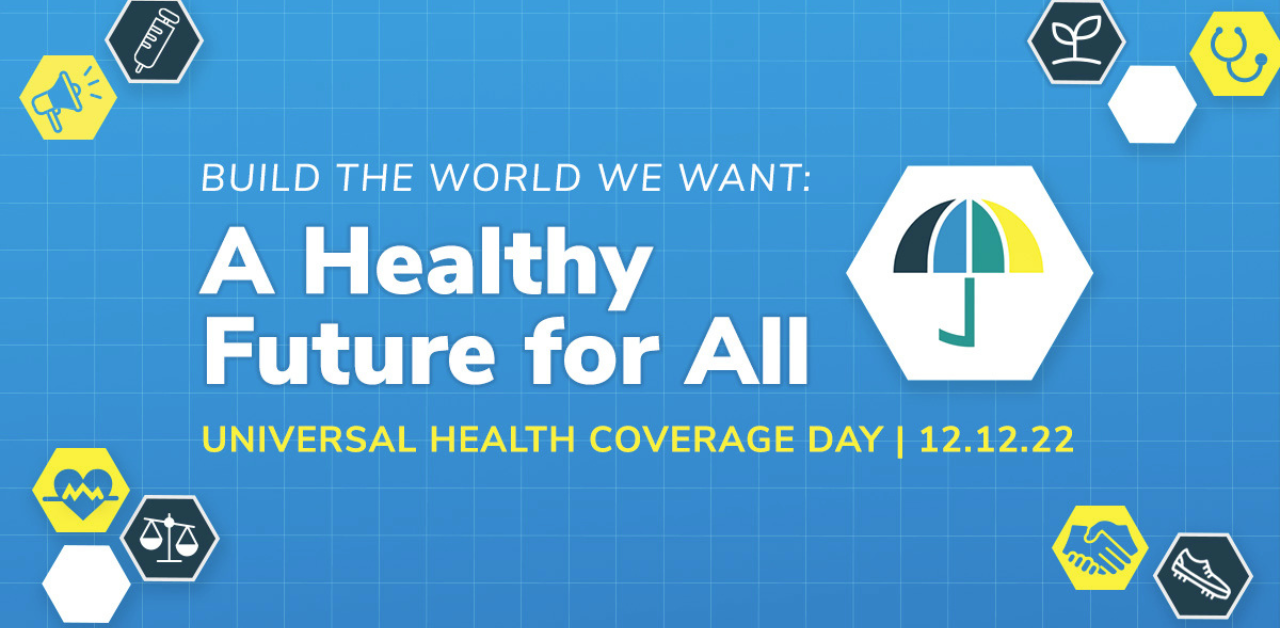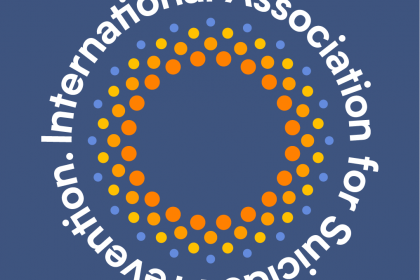Universal Health Coverage (UHC) Day is celebrated every year on the 12th of December with an aim to promote universal access to affordable and high-quality healthcare services. The first United Nations High-Level Meeting on Universal Health Coverage in September 2019 endorsed a political declaration to provide health coverage to everyone by 2030 and to minimise out-of-pocket health expenditure. The theme for this year is “Build the World We Want: A Healthy Future for All”.
As mental health problems are a significant contributor to the global burden of diseases, it is more important than ever to ensure universal health coverage, including mental health, for everyone worldwide. According to the World Health Organization (WHO), one in eight individuals around the world is currently living with a mental health problem. The COVID-19 pandemic exacerbated this situation affecting those who were already facing the burden of social inequities. Despite the tremendous global mental health burden, the needs of those with mental illnesses have not been properly met. Health systems in most places are severely underfunded, and affordable and accessible mental health services are not readily available in many countries around the world, leading to a huge treatment gap. This treatment gap is even more severe in developing countries. Even when effective interventions are available, stigma and discrimination surrounding mental health hinder them from accessing services. The magnitude of this problem demands that equitable and accessible health services, including mental health, are available to everyone.
Based on the principles of the UN Committee on Economic, Social, and Cultural Rights, mental health is a basic human right, and everyone ought to be provided with the highest standard of care to prevent mental illnesses and promote mental well-being. Further, those who have been systematically disadvantaged and are at risk of developing mental health problems through exposure to health inequities ought to be prioritized first.
Suicide prevention needs to be a crucial component of affordable and accessible mental health care. As WHO estimates that around 703,000 individuals lose their lives to suicide every year, this critical component cannot be neglected within universal health coverage.
Another important point to consider when world leaders gather in September 2023 to discuss progress toward achieving universal health coverage by 2030, is the decriminalisation of suicide. Suicide is still considered a criminal offence in around 20 countries in the world, which could be detrimental to those who are dealing with mental health issues. Criminalising suicide makes it challenging for people in need to seek help and increases the stigma associated with mental illness and suicide. Universal health coverage cannot be achieved when people identified as vulnerable individuals are punished instead of being provided with follow-up support. They must have access to adequate mental health care and support when they need it without worrying about legal repercussions. Therefore, on Universal Health Coverage Day, the International Association for Suicide Prevention (IASP) recommends the decriminalisation of suicide and urges nations that currently criminalise or punish attempted suicide to change their laws.
In order to achieve #HealthForAll by 2030 as envisaged by this day, mental health and suicide prevention must be one of the priority areas of consideration of world leaders. It is important that we do not leave anyone behind while investing in health systems.





